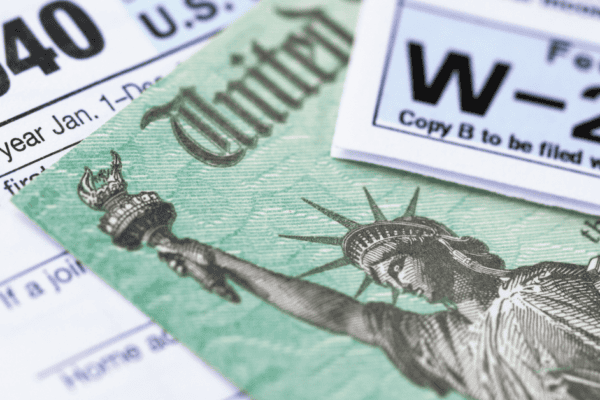Q: I’m not retired yet – I’m still working – and need cash to take care of some things, so I’m thinking of taking some money out of my 401(k) plan. Is this is a good idea?
A: Unless you need the money for a dire emergency, absolutely, unequivocally not – for a host of reasons. Making withdrawals from your 401(k) defeats the purpose of these plans – to enable you to build resources for a secure retirement during your working years. Whatever your reason is for considering making a withdrawal now, think about how desperate you’ll be when you’re 80 and potentially could run out of money.
The money you contribute to your plan from your paycheck is generally tax-deferred, meaning that you don’t pay taxes on it until you make withdrawals. One exception to this is if your 401(k) has a Roth option. In that case, contributions are made with after-tax dollars, and withdrawals at retirement, on both contributions and earnings, are tax-free. However, with traditional 401(k) accounts, withdrawals are taxed as ordinary income – at the same rate you pay on your salary. If you’re under 59 1/2, you may also have to pay a hurtful 10 percent penalty. Though this IRS hit from withdrawals can be fairly benign during retirement, it can be significantly more during your working years, when your tax bracket is probably much higher–especially if you’re not old enough to avoid the 10 percent penalty.
Another option is to borrow from your 401(k). But most plans require that you repay the loan typically within five years, and if you don’t, it can be considered a taxable distribution as well as potentially incurring the additional 10 percent penalty if you’re under 59 1/2.
Borrowing from your plan is rarely a smart move, and one that should be considered as last resort, and only in genuine emergencies. Regardless, if you do choose to take a loan, you must repay it by the deadline. And, when paying it back through payroll deductions, you run the risk of buying back shares of your investments at higher prices than you sold them for when you took the loan.
The biggest downside of a premature 401(k) withdrawal is that the money is no longer invested, and you can miss out on future growth as well as the benefits of compounding returns. By design, withdrawals should only come after you retire and you’re probably in a lower tax bracket. In the meantime, your investments in securities such as stocks and bonds can grow your nest egg in a tax-favorable way.
These plans are named for the section of the Revenue Act of 1978 that made them possible. They provided a way for individuals to put money aside for retirement in a tax-advantaged way. The 10 percent penalty was included to discourage participants from dipping into their accounts prematurely, to their detriment.
But unfortunately, many people apparently aren’t discouraged enough. Some studies show that, in recent years, about a quarter of all money put into these plans was withdrawn for reasons unrelated to retirement, such as paying mortgages, college expenses and credit card bills – expenses that should be paid out of money you earn, not out of the money you’re putting away for when you’re no longer working.
Whatever your reason for being tempted to consider a withdrawal, try to find another solution. Otherwise, you’re just trading one problem today for a bigger problem tomorrow, and you won’t have the time to earn back all that you may have lost. And remember, you don’t get a second chance at a secure retirement.



